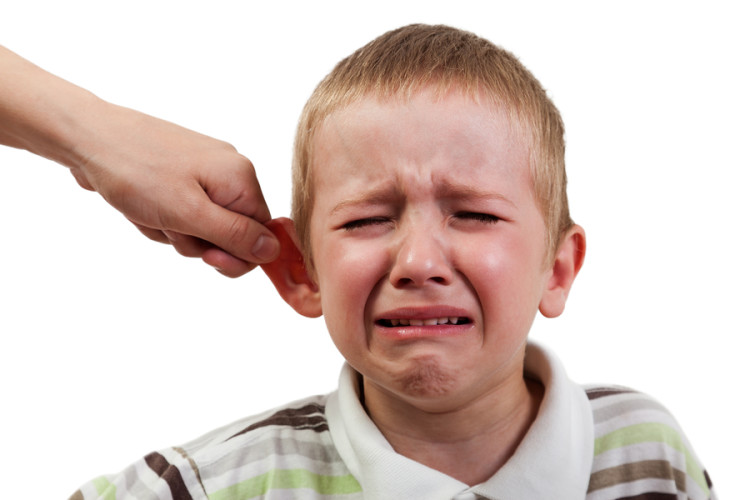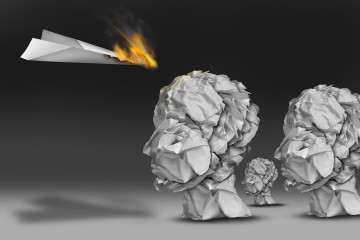How to deal with growing pains in children?

by Craig Payne November 17, 2022
Growing pains tend to be relatively prevalent in kids. In most cases the common growing pains is benign and grown out of. In spite of this every case will have to be taken seriously and provided a correct examination since there are some important problems that have similar symptoms to growing pains and might potentially have very serious outcomes if you’re not recognized early and handled.
The typical signs and symptoms of growing pains usually are that they arise in the evening. They don’t show up throughout the day time. They traditionally come about early evening, normally right after the youngster falls asleep or is about to go to sleep. The discomfort is usually behind the knee or perhaps in the top portion of the calf muscles. The symptoms might wake the youngster and they often might be quite worried. Poking around of the region that they say the place that the soreness is, does not find any painful spots. If the signs and symptoms usually do not fit this pattern, then they are in all probability not growing pains and therefore are as a result of different explanation. These other reasons for the signs and symptoms needs to be identified due to the potentially severe character of these.
The most typical disorder which mimics growing pains is a simple muscle strain or sprain. You will have pain on poking the area in these conditions as well as the pain will there be continuously rather than just during the night. The pain with these relates to exercise levels. One of the most critical mimic of growing pains is a malignancy within the bone. This is very rare, but the implications are quite serious, therefore, the incredible importance of having the diagnosis right. The symptoms of this can seem to be more distressing at night, however the soreness is also there throughout the day and seems deep inside the bone tissue rather than always found at the rear of the knee like a regular growing pain. X-rays are going to be useful in helping get this to examination.
Growing pains are usually harmless and also the youngster definitely will grow out of these. If they the pain then its possibly not growing pains. The pain will, however, cause a dose of distress for the child and their parents whilst waiting for this to come about. Management is commonly by merely offering the youngster a lot of support plus some gentle massaging of the painful area. At times gentle pain medication could possibly help to help with getting the child back to sleep. Some study has associated a vitamin D deficiency to several cases of growing pains, so dietary supplements may be worth a try. Some have noted some reasonable results with stretching out routines that will help. The most crucial is getting the diagnosis correct and assurance of the youngster this is a self limiting situation.
Any pain which gets dismissed as just a growing pain should be examined as quickly as possible with a careful appraisal to secure a appropriate diagnosis as to if it is truly is a growing pain or if it is one of several other difficulties which have similar symptoms. The consequences to getting this incorrect or stalling assessment comes with possibly significant outcomes for the youngster. Be sure to take growing pains seriously.
For the latest research on growing pains in children, see:
https://themedicaldispatch.com/research-adds-weight-to-growing-pains-in-children/







No Comment